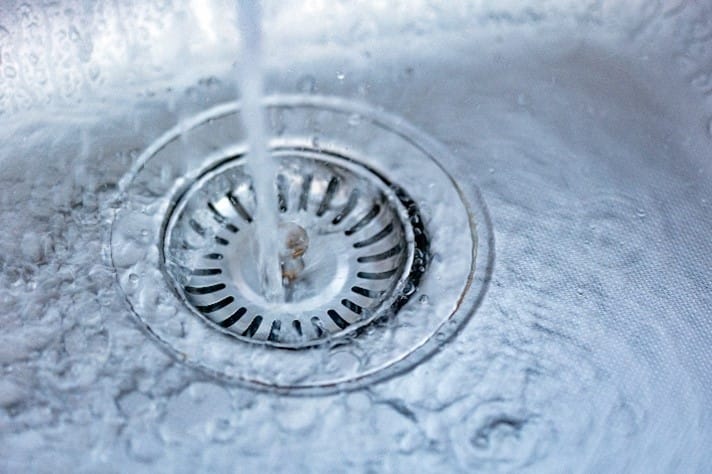Four Common Causes of Blocked Drains and How to Fix Them
1. Hair
Have you ever found a tangle of hair around your sink or shower drain? If so, you may only be seeing the tip of the hair clog iceberg. Hair can cluster in drain pipes, slowing drainage and catching more sediments as it passes through the pipe. Shallow hair clogs can often be removed by hand, but be careful not to scrape your hands on the rim of the drain; the risk of infection will be high.
The safest way to dissolve hair clogs is to mix some baking soda and white vinegar and pour the solution into the pipe. This process might take a couple of hours to kick in but will soon react in a natural, chemical way to dissolve the clogged hair.
Don’t want to wait? Our 24/7 Emergency Service is always ready to help you to meet your drainage needs.
2. Food Waste
Food waste is ideally broken down by your waste disposal (if you have one), discarded in the bin, or deposited in your composting method of choice. Some of the most common food waste that clogs drains includes:
- Coffee grounds
- Eggshells
- Fats, grease, and oils, such as bacon grease and butter
- Stringy vegetables such as asparagus, celery, onions, spinach, sprouts, and more
Highly fibrous vegetables can take longer to decompose than other organic materials—time enough to build up in your pipes. As with hair, stringy vegetable fibres form a kind of net that catches other sediments, building up a clog that becomes thicker and harder to break down over time. Others, like coffee grounds and grease, can create thick sludge that lines the pipe wall, slowing drainage.
The best way to avoid clogs from these materials is to avoid washing them down the drain entirely, especially if you don’t have a waste disposal. Consider an organic waste bin or experiment with composting options. Your patio plants will thank you.
3. Toilet paper, Nappies, and Personal Hygiene Products
Blockages often happen in the bathroom when toilet paper, nappies, or personal hygiene products are not disposed of carefully. Nappies and personal hygiene products specifically contain synthetic fabric fibres and cotton, which do not degrade in water.
These are large, dense materials that will expand in your pipes as they saturate. When waste products like these become stuck in your drains, you will probably need a professional to remove them.

4. Tree Roots
Tree roots are a massive blockage risk to underground pipes and house floors. They’re not easily detected because they don’t originate from the drain itself. Often finding their way into pipes through cracks or loose joints, the growth of tree roots will obstruct the water flow and damage the pipe structure. This damage often requires professional and experienced blocked drain services, who can replace fractured pipes and clear other pipes with a pressure jet. Removing such clogs by yourself will be a complex challenge. Fortunately, we’re always ready to help.
Contact Pipeline for a solution to your drainage problems
Monthly drain maintenance can help prevent clogging in your home plumbing system. At Pipeline Plumbing and Drainage, we are an experienced team based in West Auckland, providing 24/7 support for plumbing emergencies. Get a free quote today and sleep easy knowing your drains are clear.


